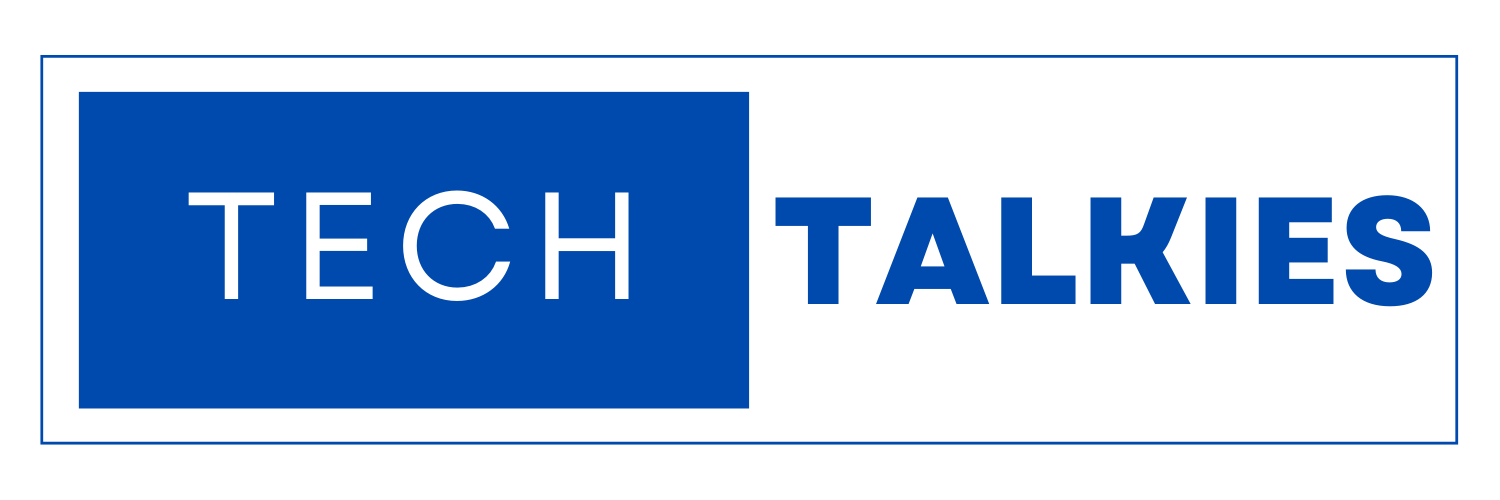In recent news, technology giant Microsoft's proposed acquisition of video game publisher Activision Blizzard has hit a roadblock as the UK's competition regulator, the Competition and Markets Authority (CMA), blocked the deal. Microsoft has expressed its dissatisfaction with the decision, labeling the CMA as an 'outlier.' In this blog, we delve into the details of this development and examine the potential implications for the gaming industry.
The Blocked Acquisition:
Microsoft's attempt to acquire Activision Blizzard, known for popular franchises like Call of Duty, Overwatch, and World of Warcraft, was seen as a significant move within the gaming industry. The deal, valued at a staggering $68.7 billion, aimed to strengthen Microsoft's position in the gaming market and expand its portfolio of exclusive titles.
The CMA's Decision:
The CMA's decision to block the deal has taken many by surprise. The regulator cited concerns over potential competition issues and the concentration of power within the gaming market as reasons for its decision. The CMA argued that the acquisition could lead to reduced competition and harm consumers' interests.
Microsoft's Response:
Microsoft has strongly disagreed with the CMA's decision, stating that it stands in contrast to the regulatory approvals received from other jurisdictions, including the United States and the European Union. The company considers the CMA's decision as an outlier, suggesting that it fails to recognize the positive impact the acquisition could have on the gaming industry.
Implications for the Gaming Industry:
The CMA's decision to block the Microsoft-Activision deal raises several questions about the future of the gaming industry. The gaming landscape has been witnessing increasing consolidation, with major players seeking strategic acquisitions to bolster their positions. The CMA's move highlights the regulatory scrutiny that such mergers and acquisitions may face moving forward.
Competition and Consumer Interests:
The CMA's role in ensuring fair competition and protecting consumer interests cannot be understated. As the gaming industry continues to grow, regulators are closely examining the potential impact of mergers and acquisitions on competition, pricing, and consumer choice. The CMA's decision reflects its commitment to maintaining a competitive market that benefits consumers.
Market Dynamics and Innovation:
The blocking of the Microsoft-Activision deal might have broader implications for market dynamics and innovation within the gaming industry. Some argue that such consolidation may limit diversity in game development and reduce opportunities for smaller studios. Conversely, others contend that strategic acquisitions can drive innovation by combining resources and expertise.
Legal and Regulatory Challenges:
The Microsoft-Activision case highlights the complexities and challenges of navigating global regulatory landscapes. Companies pursuing large-scale acquisitions must carefully consider and address potential regulatory concerns in multiple jurisdictions. Diverging regulatory decisions across different regions can significantly impact their strategic plans.
Conclusion:
The UK's CMA blocking Microsoft's proposed acquisition of Activision Blizzard has ignited a debate within the gaming industry. While Microsoft views the decision as an outlier and questions its implications, the CMA's concerns regarding competition and consumer interests cannot be ignored. This development emphasizes the increasing scrutiny on mergers and acquisitions within the gaming sector and raises important questions about market dynamics and innovation moving forward. As the industry continues to evolve, striking a balance between consolidation and competition will be crucial for the sustainable growth and health of the gaming ecosystem.



0 Comments